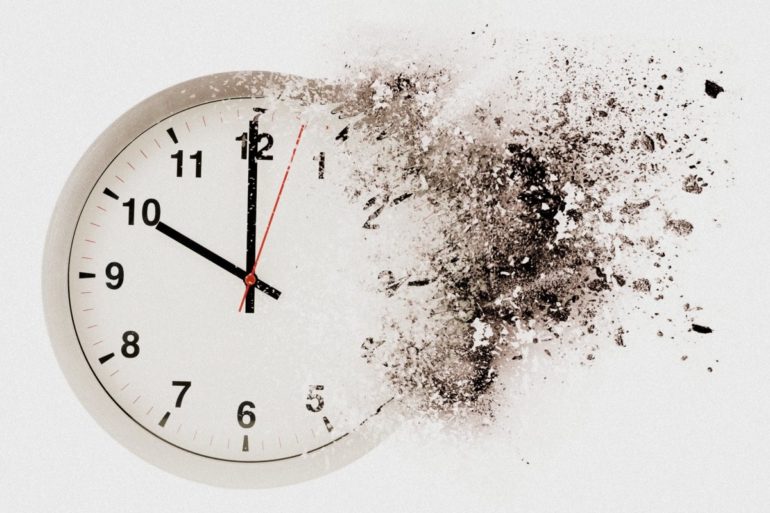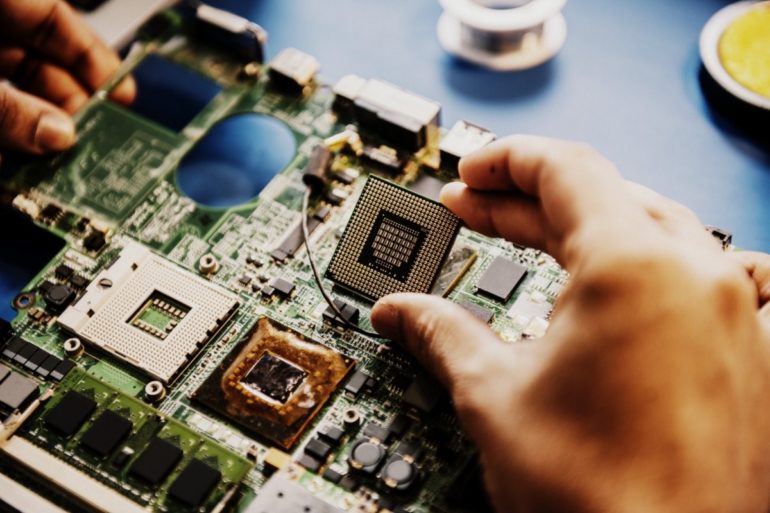When we're waiting in line or sitting in a boring meeting, time seems to slow down to a trickle. And when we get caught up in something completely engrossing - a gripping thriller, for example - we may lose sense of time altogether.
But when a task is presented as fun, researchers report in a new study, the same individuals often do worse than those who are less motivated to achieve.
Research suggests that it is pro athlete's ability to manage his goals, as well as his skill, determination and motivation that makes him successful.
Can money buy happiness? Is ignorance truly bliss? Are happy people shallow and unaware of the problems of the world? Can a person be too happy?
If you think having loads of money, fetching looks, or the admiration of many will improve your life -- think again.
People who look at the past through rose-tinted glasses are happier than those who focus on negative past experiences and regrets.
Most people believe they can multitask effectively... but a study indicates that people who multitask the most are least capable of doing so.
How working from home may impact work exhaustion, caused by conflict between work and family demands
How many times have you spent hours slaving over an impossible problem, only to take a break and then easily solve the problem, sometimes within minutes of looking at it again?
If it feels like one part of your brain is battling another, it probably is, according to a study published in Science.
So many acts in our daily lives -- refusing that second slice of cake, walking past the store with the latest gadgets, working on your tax forms when you'd rather watch TV -- seem to boil down to one essential ingredient: self-control.
While these creative or "Aha!" moments often are associated with scientific discoveries and inventions, most people occasionally feel the thrill of insight when a solution that had eluded them suddenly becomes obvious.
A high sense of control all but wipes out educational differences when it comes to mortality.
Individuals who live in wealthy neighborhoods are more likely to have materialistic values and poor spending habits, the study says, particularly if they are young, living in urban areas and relatively poor compared with their surroundings.
There are a number of factors that influence how well we do in school, including the amount of time we study and our interest in a subject.
“Always remember, your focus determines your reality.”
Freedom and personal autonomy are more important to people's well-being than money, according to a meta-analysis of data from 63 countries.
Feeling sluggish? The solution may require getting outside the box -- that big brick-and-mortar box called a building.
A polite act shows respect. But a new study of a common etiquette -- holding a door for someone -- suggests that courtesy may have a more practical, though unconscious, shared motivation: to reduce the work for those involved.
People have an easier time starting toward a goal than finishing it, but a shift in attention can make all the difference in reaching the finish line.
Extraversion does not just explain differences between how people act at social events. How extraverted you are may influence how the brain makes choices -- specifically whether you choose an immediate or delayed reward, according to a study.
Whether it's for money, marbles or chalk, the brains of reward-driven people keep their game faces on, helping them win at every step of the way. Surprisingly, they win most often when there is no reward.
In contrast to "every man for himself" interpretations of Charles Darwin's theory of evolution by natural selection, social scientists are building the case that humans are successful as a species precisely because of our nurturing, altruistic and compassionate traits.
With Mother's Day, Father's Day and high school and college graduations upcoming, there will be plenty of gift-giving and well wishes. When those start pouring in, let yourself be grateful -- it's the best way to achieve happiness.
Research suggests that overall happiness in life is more related to how much you are respected and admired by those around you, not to the status that comes from how much money you have stashed in your bank account.
Communities that stick together and do good for others cope better with crises and are happier for it.
Happily ever after isn't a given.
Procrastination is a curse, and a costly one. Putting things off leads not only to lost productivity but also to all sorts of hand wringing and regrets and damaged self-esteem. Are we programmed for postponement and delay?
A professor has recently published his magnum opus on the subject of procrastination - and it's only taken him 10 years.
Studies reveal that in the dog-eat-dog, look-out-for-Number 1, highly-competitive business world, only the aggressive, risk-taking alpha male can expect to succeed as an entrepreneur.



























